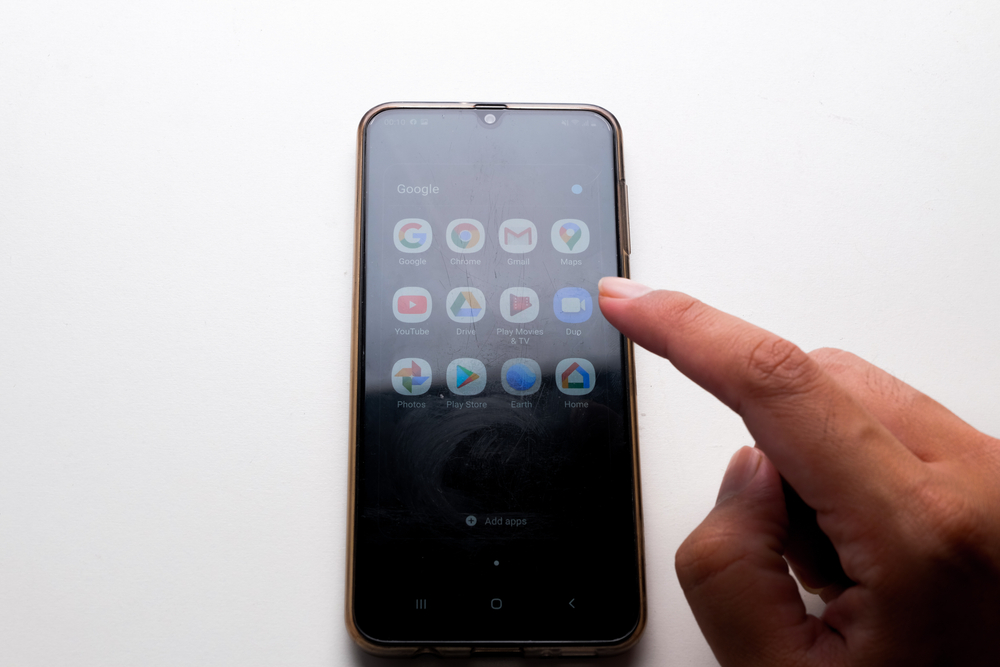Artificial intelligence search firm Perplexity reportedly made a $34.5 billion bid to Google amidst reports that the multination corporation may be forced to sell its Chrome browser.
First reported by the Wall Street Journal and confirmed by a spokesperson from Perplexity in conversation with CNN, the bid is reportedly being backed by a number of investors, including many notable venture capital firms. The bid is double that of the value of Perplexity, which is estimated at $18 billion. Google itself is valued at nearly $2.5 trillion.
If the bid goes through, browsing preferences will be kept in place, according to the spokesperson. Google Chrome will also continue to be the default search engine and two-year investments will continue to be made to Google’s Chromium initiative, an open-source technology that gives companies the ability to create their own browser.
Despite Perplexity’s bid, the search engine is not currently for sale. Rumors of its sale stem from Google’s ongoing antitrust case. Last year, a federal judge ruled that the tech company violated the US antitrust law by allegedly shaping a monopoly around search engines, violating Section 2 of the Sherman Act.
In November, the Justice Department asked the federal courts to force the sale of the Chrome web browser as a penalty for the earlier ruling. Google has previously gone on record promising to appeal the ruling and warning the federal judges that a sale could potentially create issues such as security issues for users.
In the latest developments, a federal judge in Washington announced that he is considering reducing the severity of the measures antitrust enforcers are attempting to put upon Google as part of a 10-year plan, citing the development of several AI companies as reasoning.
By doing so, Google would have to share limited search data and payments to Apple to be the default search engine, which would only end if there is no other search company that can offer direct competition.
In a statement, Google denounced the Department of Justice’s previous proposals, arguing that they are ignoring competition and could end up harming consumers in the long run by limiting options.
“Over weeks of testimony, we heard from a series of well-funded companies eager to gain access to Google’s technology so they don’t have to innovate themselves. What we didn’t hear was how DOJ’s extreme proposals would benefit consumers — which is what American antitrust law is all about,” said Google in the official release. “As the legal process continues, we will continue to advocate for helpful, innovative products that work for everyone.”


